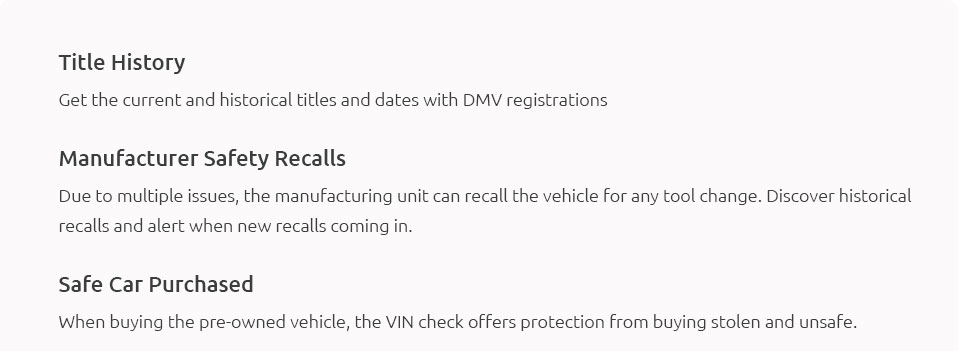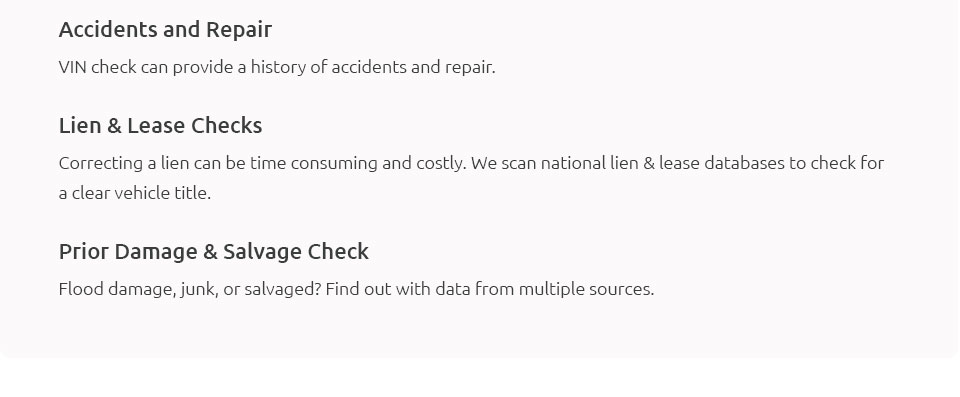 |
 |
 |
 |
 |
||
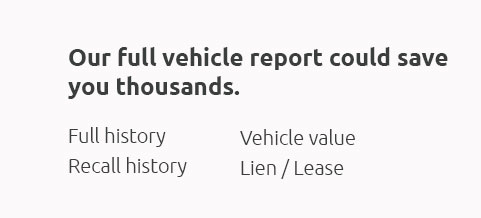 |
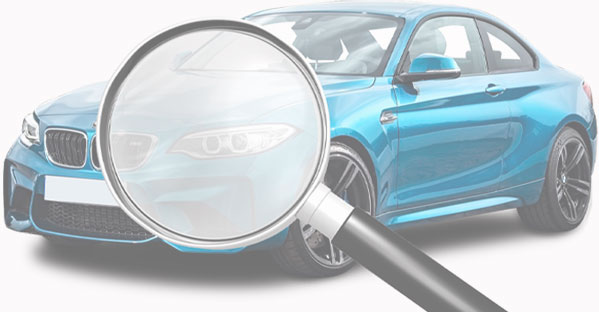 |
|
 |
 |
|
 |
 |
 |
 |
||
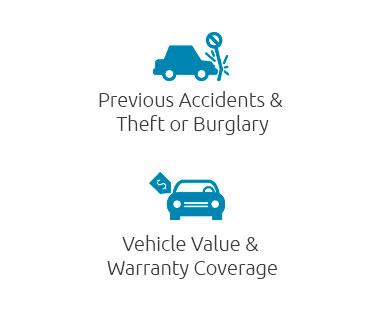 |
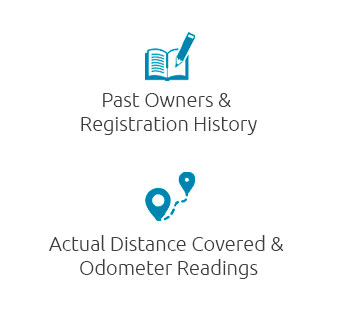 |
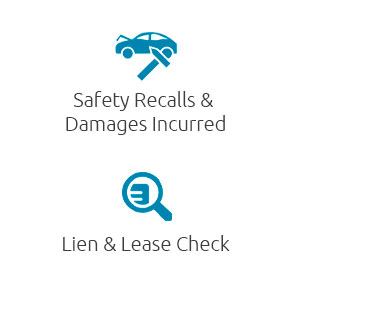 |
 |
 |
 |
||||
|
||||
 |
 |
How Can You Lookup a License Plate Number?In today's fast-paced world, information is power, and sometimes, a simple piece of information like a license plate number can unlock a wealth of details that you might need for various reasons. Whether you're trying to learn more about a vehicle you're interested in purchasing or verifying the details of a car involved in an incident, understanding how to look up a license plate number can be incredibly useful. However, the process isn't always straightforward, and it's crucial to approach it with a sense of legality and respect for privacy. Firstly, let's address the legality of looking up a license plate number. In many jurisdictions, accessing personal information associated with a license plate number without permission can be illegal. However, there are legitimate ways to gather information, particularly when the inquiry is for personal use and follows legal guidelines. One of the most common methods to glean information from a license plate is through the Department of Motor Vehicles (DMV). The DMV can provide vehicle history reports which might include the car's make, model, year, and sometimes the VIN number. However, they are usually restricted from providing personal owner details unless you're the registered owner or have explicit permission.
Despite the availability of these methods, one must always remember to proceed ethically. Privacy concerns are paramount, and misusing personal information can lead to significant legal repercussions. It’s always best to use these resources for their intended purpose and within the confines of the law. In conclusion, while there are several pathways to explore when trying to look up a license plate number, a balance between obtaining necessary information and respecting privacy laws must be maintained. Armed with this knowledge, you can navigate the process more effectively and responsibly, ensuring that you stay informed while adhering to the ethical standards expected in our society. https://www.quora.com/How-do-I-look-up-license-plates-in-Florida-1
In the United States, it is not legally possible to find the owner of a vehicle by the license plate number. If this was due to a hit-and-run ... https://www.lookupaplate.com/florida/
... license plate with LookupaPlate's free license plate lookup service. Report unsafe drivers by searching tag numbers and easily upload images, videos, or https://findbyplate.com/US/FL/
How to look up Florida license plates - Open a web browser - Go to FindByPlate.com - Enter the plate number, and select state - View the report - View images ...
|

